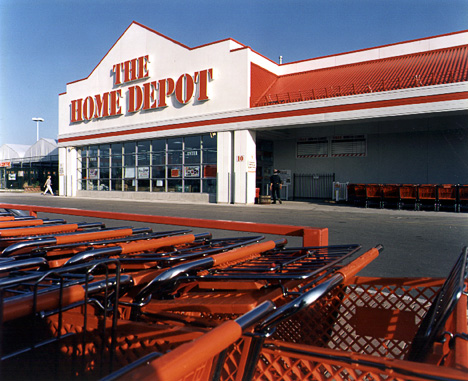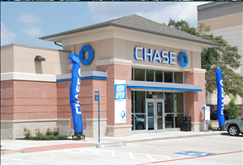 Guest Post written by Colin L. Paterson, Commercial Mortgage Banker, BMC Capital, LP
5 Things to Keep in Mind When Purchasing and Financing Your Single-Tenant NNN Property:
Guest Post written by Colin L. Paterson, Commercial Mortgage Banker, BMC Capital, LP
5 Things to Keep in Mind When Purchasing and Financing Your Single-Tenant NNN Property:
Single-Tenant NNN Properties can be a great investment for investors seeking minimum management and optimum cash flow of their investment real estate. However, it is important that investors understand their risk when buying and financing a NNN property. While their are many variables to consider, there are 5 things that are of utmost importance to consider before purchasing and financing a Single-Tenant NNN Property:
1) Know your tenant and understand their financials. Since your property's value is directly related to the lease income, it is paramount that the tenant paying the lease income is financially viable. An investor should conduct a thorough analysis of the last two years and YTD balance sheet and P&L statements to make sure that the tenant has enough cash flow to cover it's fixed charges (rent and interest payments), and is not overburdened with debt.
2) Make sure the rent/sf is in line with market rents. Just b/c a NNN property has a high cap rate, does not necessarily mean it's a good deal, if the tenant is paying a much higher rent/sf than the market. Consider what another tenant would pay to lease the subject property if the existing tenant were to leave. Your real estate broker should be able to give you market rent comps.
3) "Location, location, location". This famous maxim holds true whether you're buying a single family house or commercial real estate. Thus, it is vital you understand the location, demographics, traffic counts, traffic generators, and what will drive supply and demand in the future. Note: a general rule of thumb for most lenders financing NNN properties is that they require the 5 mile population to be 50,000 or greater.
4) Length of the lease term: It is important to understand the lease term length and what your outstanding loan balance will be at the end the lease term. Most lenders who lend on NNN properties, require at least 15 years remaining on the lease in order give a 25 year amortization, if the LTV is 50% or greater.
5) Keep a reserve account. This is line with another famous maxim in real estate investing: "Prepare for the worst, hope for the best". Yes, even though you're buying a NNN property, it is essential that you are financially prepared if the tenant were to leave. The reserve account should be kept for 1) replacement reserves, in the event you as the landlord are required to make a capital improvements; 2)Tenant Improvements and Leasing Commissions (TILC), in the event the tenant were to leave and you have to find another tenant to move in. Yes, even though you're buying a NNN property, it is essential that you are financially prepared if the tenant were to leave and stop paying rent. Note: a general rule of thumb most lenders require is for the borrower to have a least 6 months of mortgage payments available in liquid assets to be used if the tenant were to leave.
While there are other variables to consider, keeping the above 5 things in mind before purchasing and financing your NNN property, will greatly increase your likelihood of investment success. Happy investing!
Guest Posted by Colin L. Paterson
Commercial Mortgage Banker
BMC Capital, LP
Colin can be reached at 916-646-6334 or : cpaterson(atsign)bmccapital.com or www.bmccapital.com






 Other advantages NNN properties offer are significant. An investor can lock in a long-term lease with a tenant who sets up shop in NNN properties. They can
Other advantages NNN properties offer are significant. An investor can lock in a long-term lease with a tenant who sets up shop in NNN properties. They can 






